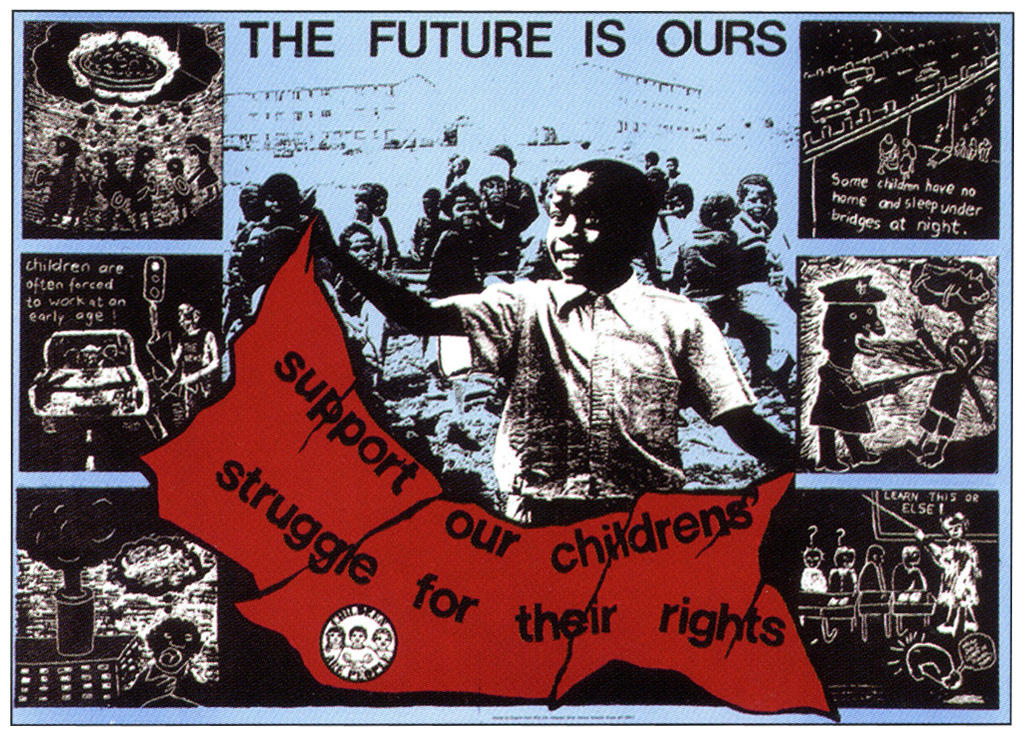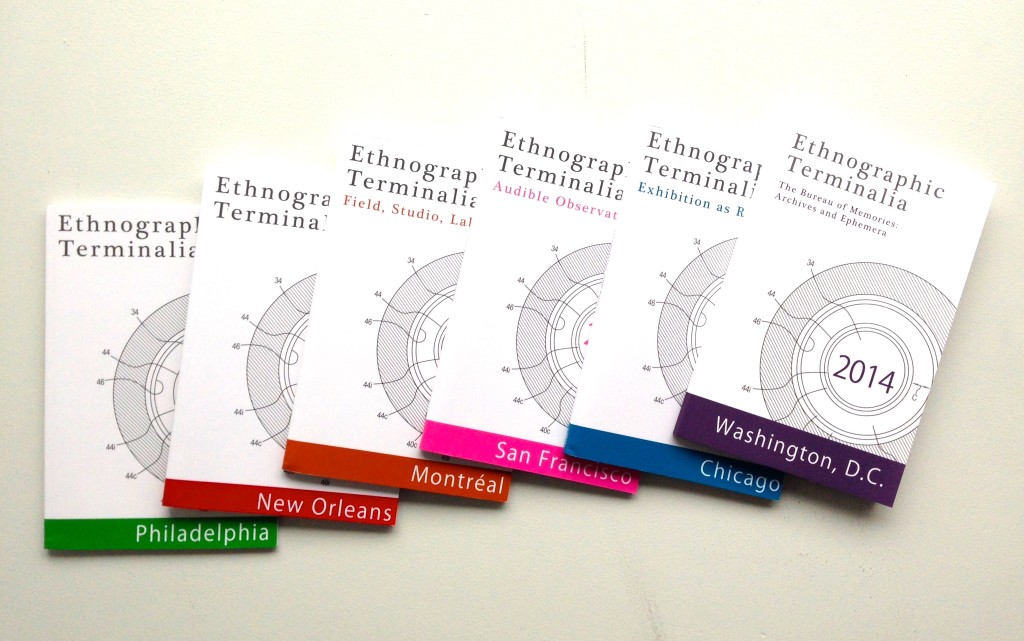Constructions of Childhood in Apartheid South Africa
Mixed Media
2011
Artist Statement
Semantically, socially, and intellectually, “childhood” is constructed in its meanings and through its shifting usages. Suffering and violence both complicate the constructions of childhood in apartheid South Africa, where violence and childhood were structurally and practically linked through the apartheid system.
This project examines constructions of childhood at a time and place in which black children’s lives were defined by tremendous instability. On the one hand, these children are often remembered as the most vulnerable and defenseless of apartheid’s victims. Yet, the history of the struggle for freedom in South Africa reveals that young people were also potent political actors, armed with placards, songs, stones, military training, guns, and other weaponry; dangerous and willing to take on a whole government. They were critical targets of state violence, but also powerful political players and social commentators engaged in a wide range of forms of self-expression.
It is impossible to settle on one definition of childhood – especially in South Africa, where the child-youth continuum has been a powerful tool, open to manipulation by various actors including children and youth themselves. In this exhibition-sketch, I explore some of the main tropes of childhood through the medium of anti-apartheid political posters from the 1980s. Reflecting on the complexity of childhood in late-apartheid South Africa opens questions of agency, responsibility, culpability, and consciousness for reconsideration and revision.
Biography
Monica Eileen Patterson is a postdoctoral fellow at the Center for Ethnographic Research and Exhibition in the Aftermath of Violence (CEREV) at Concordia University. She received her Ph.D. in Anthropology and History and is completing a certificate in Museum Studies from the University of Michigan. Monica is the author of numerous publications and co-editor of Anthrohistory: Unsettling Knowledge, Questioning Discipline (University of Michigan Press, 2011) and Curating Difficult Knowledge: Violent Pasts in Public Places (Palgrave, 2011). In 2009, Monica curated “Apartheid and Resistance: An Exhibit in Honor of Archbishop Desmond Tutu” for his visit to the University of Michigan. She has worked as a consultant for the Jim Crow Museum of Racist Memorabilia in Big Rapids, Michigan, and is particularly interested in the intersections of memory, childhood, and violence in postcolonial Africa.

